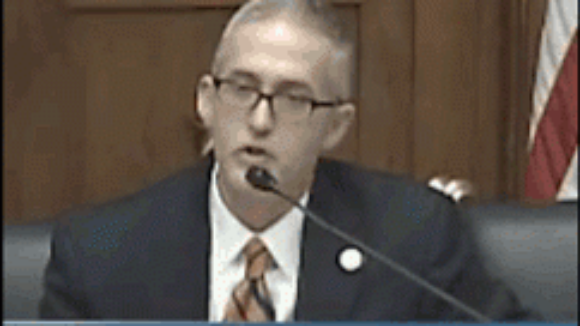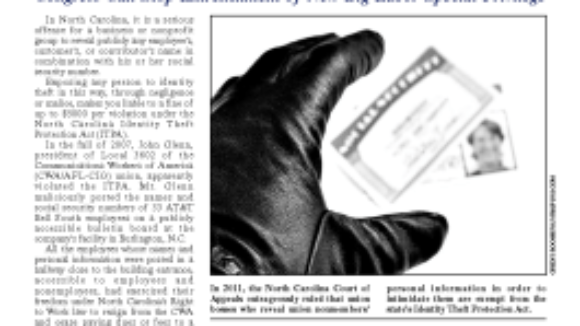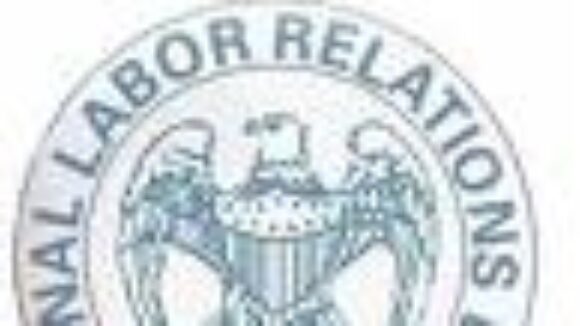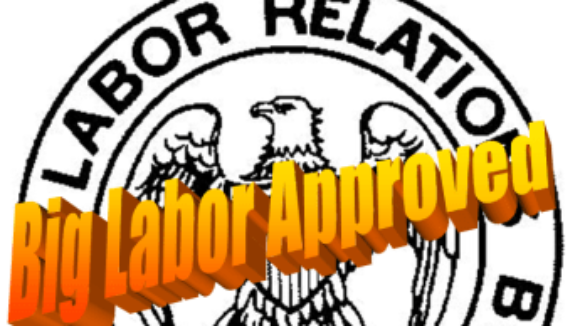Mr. President, Follow the Law
The Washington Times takes the president and the NLRB to task for ignoring a recent appeals court decision invalidating the president's appointments to the board:
When the Constitution puts a limitation on executive authority, the president can’t just ignore it for the sake of convenience. That message was delivered forcefully on Friday in a decision by the U.S. Court of Appeals for the District of Columbia Circuit. A unanimous three-judge panel declared unlawful President Obama’s installation of three appointees to the National Labor Relations Board while the Senate was in session. The president is compounding his disregard for the Constitution by thumbing his nose at this well-reasoned decision.
The nation’s founding document grants the president authority to “fill up all Vacancies that may happen during the Recess of the Senate.” The appellate panel’s ruling points out the use of “the Recess” as opposed to “a recess” or “an adjournment” was not accidental. The term refers to the long break between congressional sessions in which it makes sense for the president to make an interim appointment because the Senate is not available to provide its advice and consent. In his ruling, Chief Judge David B. Sentelle refused to accept novel interpretations meant to expand the appointment authority, saying, “We will not do violence to the Constitution by ignoring the Framers’ choice of words.”
Desperate to stack the National Labor Relations Board with Big Labor cronies, the White House refused to allow an old piece of parchment get in the way. On Jan. 4, 2012, Mr. Obama made the appointments even though the Senate was conducting “pro forma” business and the House of Representatives purposely chose to remain in session to thwart the potential recess appointments. Administration lawyers argued before the court that the president, not Congress, had the ultimate power to decide when the Congress was in session. Under this interpretation, Senate participation in the nomination process would be converted from a check and balance on the executive to an empty formality.



